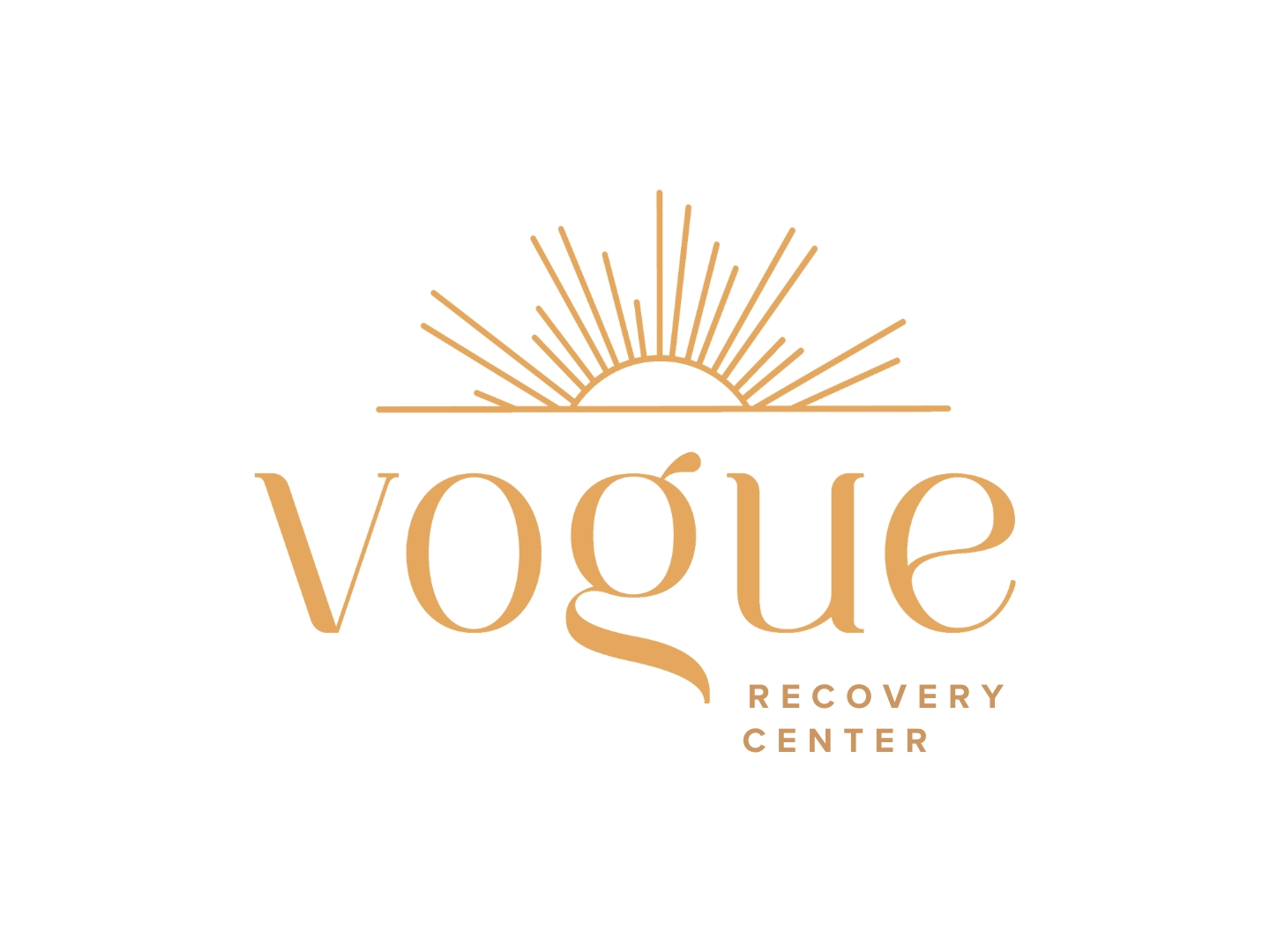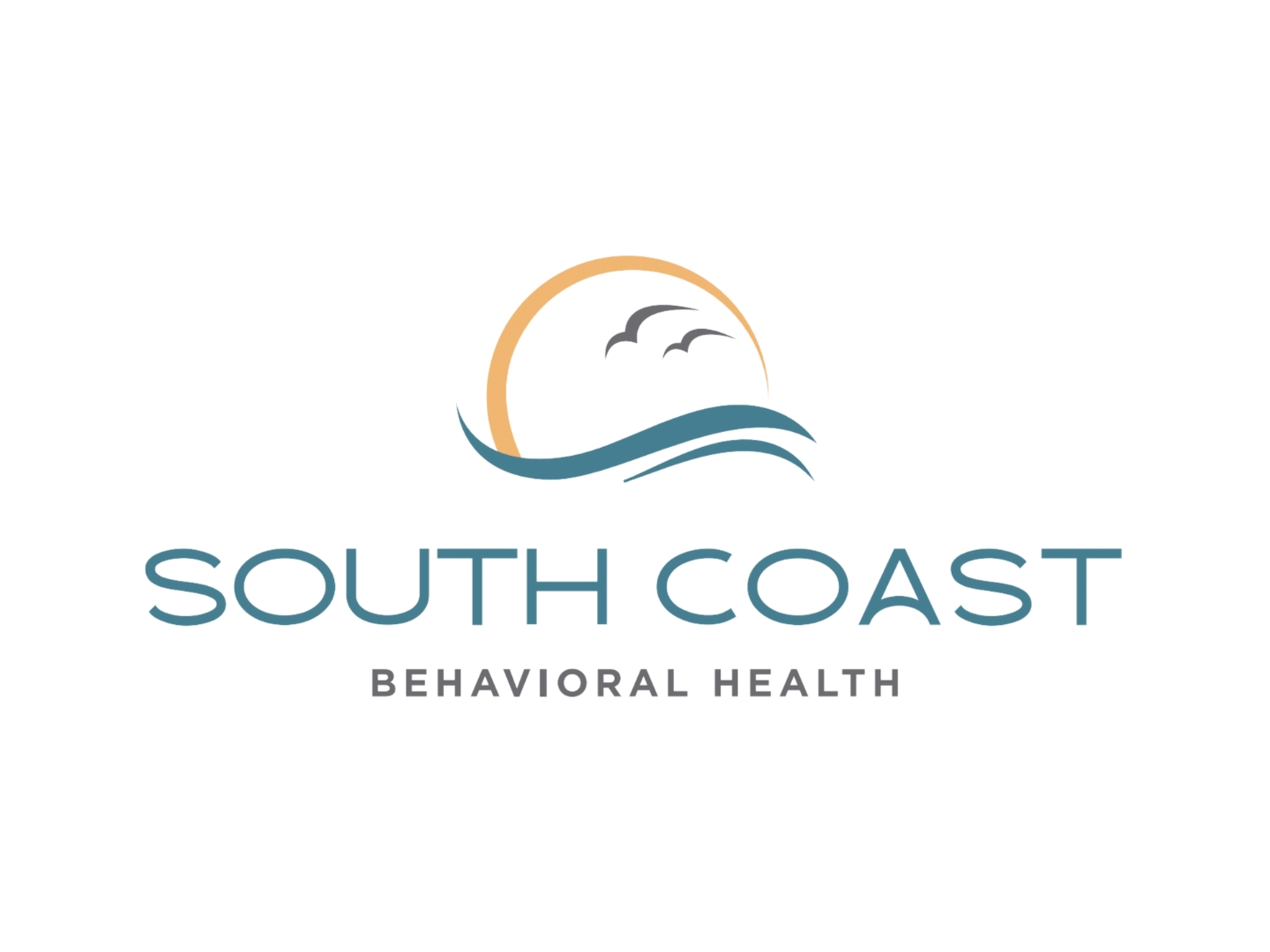Affecting millions of individuals worldwide, Obsessive-Compulsive Disorder (OCD) is a mental health disorder that can significantly impair daily functioning and quality of life. An often misunderstood mental health issue, OCD causes compulsive thoughts and behavior that can’t be controlled. People who suffer from OCD can be seen as quirky because of obsessions over things like cleanliness and symmetry. When the condition makes living life more difficult, it’s time to get help.
Aliya Health Group offers obsessive-compulsive disorder treatments and recovery programs that help people take back control over their lives. If you are struggling with OCD, we are here to help.
Obsessive-compulsive disorder (OCD) is a mental health disorder that causes a person to have uncontrollable, recurring thoughts (obsessions) and behaviors (compulsions). These thoughts and behaviors are time-consuming and exhausting, and they interfere with daily life in many ways. People with OCD may realize that their obsessions and compulsions cause problems, but they feel powerless to stop them.
OCD is a common disorder, affecting about 2.5 million adults in the United States each year. It can first appear in childhood, adolescence, or early adulthood. OCD affects 1% to 3% of individuals throughout their lifetime.
Obsessive-compulsive disorder can significantly impact a person’s daily life. This is particularly true for people who are not taking medications or receiving any professional support for their OCD.
Some of the main ways this condition can affect people include:
It is important to remember that OCD manifests differently in everyone. Some people experience mild OCD that has a minimal impact on their daily lives, while others experience severe OCD that can be debilitating. Getting help from a mental illness professional can make all the difference.
No one should have to wait to heal, which is why our specialists are available 24/7 to help guide you through the admissions process every step of the way.
The exact cause of OCD is unknown. However, researchers believe a combination of factors likely plays a role, including genetic, environmental, and biological factors. Understanding what risk factors contribute to OCD can help you take preventative measures and begin making lifestyle changes.
OCD can run in families, suggesting a genetic predisposition. However, researchers have not identified specific genes that cause OCD. It is likely that multiple genes contribute to the risk of developing OCD, and these genes may interact with environmental factors to trigger the disorder.
Certain life experiences, such as traumatic events, infections, or chronic stress, may trigger OCD. This can also worsen symptoms in people who are already predisposed to the disorder. For instance, some research suggests that a childhood autoimmune neuropsychiatric disorder associated with streptococcal infections (PANDAS) may increase the risk of OCD in some children.
Brain imaging studies have shown that people with OCD often have differences in the structure and function of certain areas of the brain. In particular, the frontal cortex and the basal ganglia. These areas are involved in habit formation, decision-making, and emotional regulation.
People with OCD may have obsessions, compulsions, or both. These obsessions and compulsions can be very time-consuming and interfere with daily life. For example, someone with a fear of germs may wash their hands for hours each day.
This may persist until their skin is raw and bleeding. Someone else with a fear of losing things may check their pockets or wallet hundreds of times a day. These OCD symptoms can seem like small inconveniences but can add up to significant stress and consequences over long periods of time.
Obsessions are unwanted and intrusive thoughts. They often take the form of images or urges that trigger intensely distressing feelings.
Common obsessions include:
Compulsions are repetitive behaviors that a person feels driven to perform to try to reduce the anxiety caused by their obsessions.
Common compulsions include:
These symptoms can be embarrassing, time-consuming, and isolating for someone who lives with them on a daily basis. Getting help is the best way to control symptoms and move on to a happy and healthy life.
If you or a loved one is struggling with their mental health, our admissions team is available 24/7. Our compassionate and understanding team can help answer your mental health treatment questions and get you started on the path to recovery.
Deciding to seek trauma treatment can be intimidating. We are here to make this process as easy as possible. Reach out to us today to learn more about how our treatment centers can help!
It is important to note that OCD can manifest in a variety of ways, and not everyone with OCD experiences all of these symptoms. If you are concerned that you or someone you know may have OCD, it is important to seek professional help from a qualified mental health professional. The Diagnostic and Statistical Manual of Mental Disorders (DSM-5) establishes the following criteria for an official OCD diagnosis.
Obsessional symptoms should have the following characteristics:
Obsessions and compulsions share all of the following features:
If OCD is causing stress or interfering with your daily life, it may be time to get help. A treatment center can help you overcome obsessions and compulsions and move on to a brighter future.
There are two main evidence-based approaches to treating OCD: therapy and medication. Sometimes, a combination of therapy and medication is the most effective option for OCD treatments.
The most effective form of therapy for OCD is a type of cognitive behavioral therapy (CBT) called exposure and response prevention (ERP). In ERP, a therapist will gradually expose you to things that trigger your obsessions and compulsions while helping you resist the urge to perform the compulsions. This can be uncomfortable at first, but over time, it helps reduce anxiety and allows you to live a more normal life.
OCD medication, typically antidepressants called selective serotonin reuptake inhibitors (SSRIs), can also be helpful for OCD. SSRIs work by increasing the levels of serotonin in the brain, which can help improve OCD symptoms.
SSRIs stand for Selective Serotonin Reuptake Inhibitors. They are a type of medication that is most commonly prescribed to treat depression. SSRIs work by increasing the levels of serotonin in the brain.
Serotonin is a neurotransmitter, which is a chemical messenger that carries signals between nerve cells. Having more of it available can help improve communication within the brain circuits involved in OCD symptoms.
"*" indicates required fields
In addition to therapy and medication, there are several self-help strategies that you can implement to help manage your OCD. Some of the most common include:
Leading a healthy lifestyle is all about creating habits that nurture your physical and mental well-being. Some key areas to focus on include your diet, exercise, sleep, and lifestyle management. If you are struggling to make these changes on your own, you may want to consider seeking professional help.
Aliya Health Group accepts most major health insurance providers on both a national and local level. Some of the health insurance providers we work include:







If you are struggling with OCD, it is important to seek professional help. While reaching out for support can feel intimidating, this can be a crucial element in your ability to manage this condition and lead a fulfilling life.
You should consider seeking professional help for OCD if it starts to impact your life in a significant way negatively. Here are some signs that professional help might be beneficial:
If you or your loved ones are ready to seek help for your OCD or any anxiety disorder, Aliya Health Group is here for you. We offer comprehensive treatments for OCD and anxiety recovery services to help you live a happier, healthier life. Reach out to us to learn more about how we can help. Contact Aliya today to find out more and begin your journey to recovery and healing.






Before entering outpatient treatment for substance abuse, most people have a long list of questions and concerns. To help you gain a better understanding of what to expect during outpatient programs, we have compiled a list of our most frequently asked questions.
Yes, our rehabilitation facilities have designated smoking areas available. However, kindly note that all cigarettes brought into the facility must be in unopened packs or cartons. The same rule applies to any cigarettes sent or brought by family or friends. Our staff will be more than happy to provide you with additional details regarding these guidelines during the admission process.
Yes, in most cases, we can offer repayment options tailored to your unique circumstances. For more details regarding personal repayment options, we recommend reaching out to our admissions team. They’ll be more than happy to assist you.
We accept all major insurance plans at our treatment locations. To learn more about insurance and treatment cost, contact our admissions team or fill out our secure insurance verification form.
Yes, we provide integrative dual diagnostics alongside a wide array of treatment modalities. Our core objective revolves around tackling addiction, while simultaneously addressing the underlying factors that contribute to substance use disorders. Our mission is to deliver effective and holistic care that encompasses both symptom management and the exploration of root causes of addiction.
In terms of cost, outpatient treatment is typically more affordable than inpatient options which require round-the-clock medical supervision. This makes it a viable solution for individuals who may be deterred from seeking help due to financial constraints.
"*" indicates required fields
For Immediate Help Call: 888-973-2078
Aliya Health Group is a comprehensive network of addiction and mental health treatment centers, with locations spanning nationwide.
We are driven by our commitment to empower individuals, families, and the community by providing education, tools, and support, to help them lead healthy, fulfilling lives in recovery.
Our admissions team is available 24 hours a day, 7 days a week, 365 days a year.






